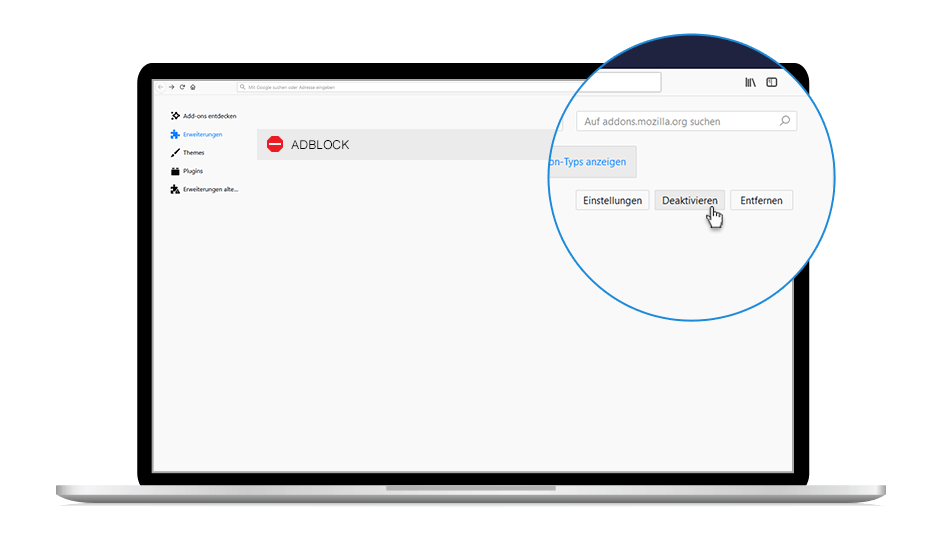

Learn about resetting site settings for Chrome, Safari, and Firefox. Try resetting the site settings for httpe://otter.ai or restoring your browser to its default settings. If you're able to import the file when switching to a different browser, it may be caused by a browser setting. Try using a different web browser (like Google Chrome or Mozilla Firebox). Under Sleep, select Never under both dropdowns.Select Start menu > Settings > System > Power & battery > Screen and sleep.Learn how to adjust sleep settings in Windows. Some options may be different depending on your version of Windows. Note: The steps below are from Windows 11. Click Battery on the left, turn off Enable Power Nap while on battery power.Turn off Enable Power Nap while plugged into a power adapter.Turn on Prevent your Mac from automatically sleeping when the display is off.Choose Apple menu > System Preferences, and click Battery.Learn about Battery preferences on a Mac. Some options may be different depending on your Mac and version of macOS. Note: The steps below are from macOS Monterey. When importing a large file (> 200MB), try temporarily changing or disabling your computer's sleep or hibernate settings. However, if you are importing a large file and your computer goes to sleep or into hibernation during the import, it may disrupt the import process and cause the import to fail. You can set your computer to go to sleep or hibernate after a specified duration of inactivity.

If you're able to import the file when switching to a different network, it may be caused by your router settings or ISP.

If your files are slow to import, check your internet connection. To resolve issues with your browser, try one or more troubleshooting steps. If importing an audio or video file fails or shows an error message, you're likely encountering a browser issue.


 0 kommentar(er)
0 kommentar(er)
